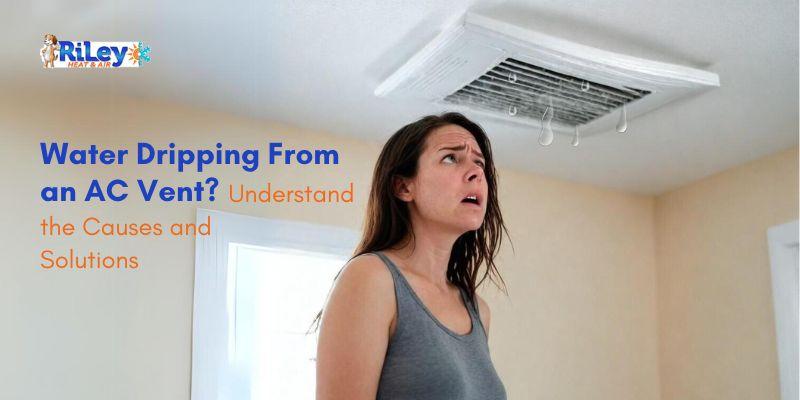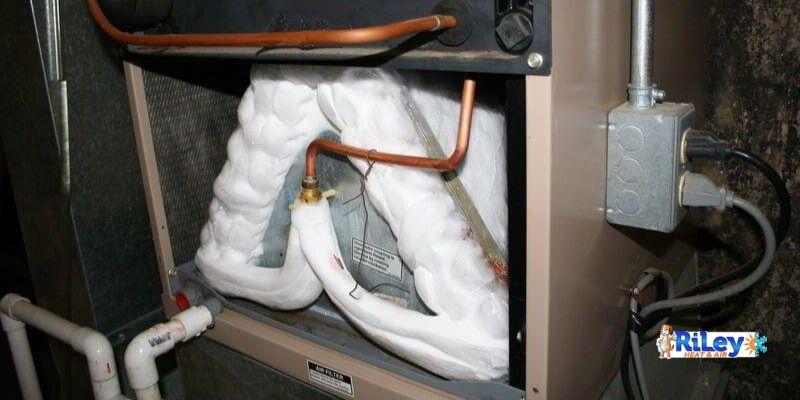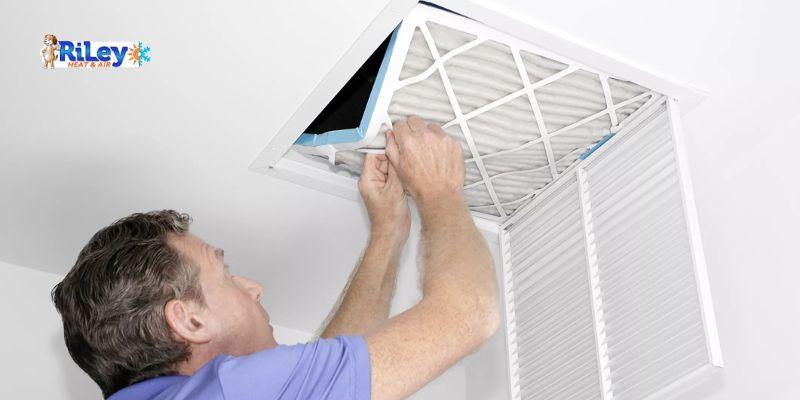
Is Water Dripping From an AC Vent? Understand the Causes and Solutions
If you've found yourself in this situation, you're not alone. Many homeowners encounter this issue, and while it may seem alarming initially, understanding the causes and solutions can help you address it effectively. This article will explore why water might be dripping from your AC vent and what you can do about it.
Understanding the Causes
Condensation Buildup
Condensation buildup occurs when warm indoor air comes into contact with the cold surface of the air conditioning unit's evaporator coil. This contact causes moisture in the air to condense into water droplets. Normally, this water is collected and drained away through a designated system.
However, if the drainage system becomes clogged or damaged, the water can overflow and drip from the vents. Regular maintenance, such as cleaning the drain line and ensuring proper insulation, is essential to prevent condensation buildup and subsequent water leakage. By addressing this issue promptly, you can maintain the efficiency and effectiveness of your air conditioning system.
Clogged Drain Line
A clogged drain line is a common culprit behind water dripping from AC vents. Over time, dirt, dust, and algae can accumulate in the drain line, obstructing water flow. This blockage prevents water from draining properly and can lead to backups and leaks. Regular maintenance, such as cleaning the drain line, is essential to prevent this issue.
A stiff brush or a wet or dry vacuum can help remove buildup and debris. Flushing the drain line with vinegar and water can dissolve any accumulated gunk. By keeping the drain line clear and free-flowing, you can avoid water leakage and ensure the smooth operation of your air conditioning system.
Frozen Evaporator Coil

A frozen evaporator coil is another potential cause of water dripping from AC vents. This occurs when insufficient airflow over the coil, causing it to become excessively cold and freeze. Common culprits behind inadequate airflow include dirty air filters, blocked vents, or low refrigerant levels. When the coil eventually thaws, excess water can overflow from the drain pan and drip from the vents.
Regular maintenance, such as replacing dirty air filters and ensuring proper ventilation, can help prevent this issue. By addressing airflow problems promptly and keeping the evaporator coil clean, you can minimize the risk of freezing and water leakage, ensuring your air conditioning system operates efficiently.
Improper Installation
Improper air conditioning unit installation can also lead to water dripping from AC vents. If the unit is not installed correctly or the drain line is not angled properly, it can cause drainage problems and water leaks. In such cases, consulting a professional HVAC contractor in Washington, D.C, may be necessary to assess and rectify the installation.
Issues like inadequate slope in the drain line or incorrect positioning of the unit can impede proper water drainage, leading to leaks. By ensuring that your AC unit is installed correctly from the outset, you can avoid potential problems and enjoy efficient cooling without worrying about water dripping from your vents.
Solutions to Address the Issue
Check and Clean the Drain Line
Regularly checking and cleaning the drain line is essential for preventing water leakage from AC vents. Over time, dirt, dust, and algae can accumulate in the drain line, causing blockages that impede proper water drainage.
To address this issue, inspect the drain line for any signs of clogging or obstruction. Use a stiff brush or a wet or dry vacuum to remove buildup and debris. Flushing the drain line with vinegar and water can also help dissolve any accumulated gunk. By incorporating this simple maintenance task into your routine, you can ensure that the drain line remains clear and free-flowing, minimizing the risk of water leaks and preserving the efficiency of your air conditioning system.
Replace Dirty Air Filters

Regularly replacing dirty air filters is crucial for preventing water leakage from AC vents. Dirty or clogged air filters restrict airflow, leading to various issues, including frozen evaporator coils and water leaks. Check your air filters regularly and replace them as needed, typically every one to three months, depending on usage and environmental factors.
This simple maintenance task improves airflow, ensuring the proper operation of your air conditioning system. By keeping your air filters clean and debris-free, you can minimize the risk of water dripping from your vents and maintain a comfortable indoor environment.
Ensure Proper Insulation
In some cases, inadequate insulation around the air ducts can contribute to condensation buildup and water leakage. Inspect the insulation around your ductwork and repair or replace any damaged or missing insulation. Proper insulation helps prevent temperature fluctuations and minimizes the risk of condensation forming on the ducts.
Schedule Professional Maintenance
Regular maintenance by qualified AC repair in Washington, D.C., is crucial for keeping your air conditioning system in top condition. A professional inspection can identify potential issues early on and prevent them from escalating into larger problems. Additionally, technicians can perform tasks such as cleaning coils, checking refrigerant levels, and optimizing airflow to ensure efficient operation and minimize water leakage.
Conclusion
Water dripping from your AC vent can cause concern, but it's usually a symptom of underlying issues that can be addressed with proper maintenance and care. By understanding the common causes of this problem, such as condensation buildup, clogged drain lines, frozen evaporator coils, and improper installation, you can take proactive steps to resolve it.
Regular maintenance, including cleaning the drain line, replacing air filters, ensuring proper insulation, and scheduling air conditioning repairs, is key to preventing water leaks and keeping your air conditioning system running smoothly. With diligence and attention to detail, you can enjoy cool, comfortable indoor temperatures without worrying about water dripping from your AC vents.







COMMENTS